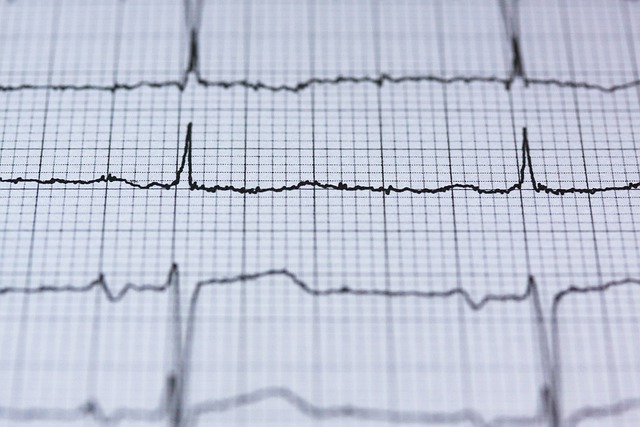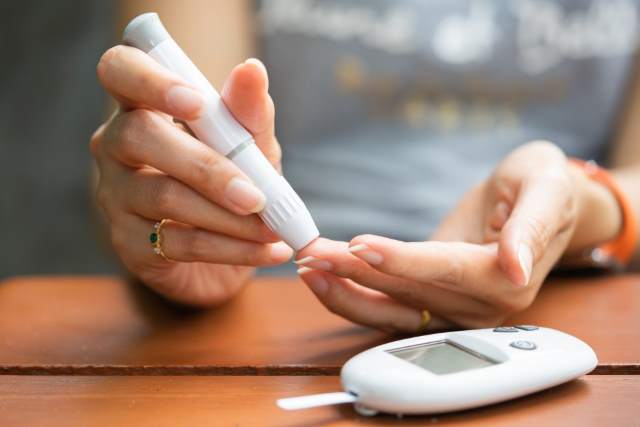Cardiovascular

Unveiling Gender Disparities in Cardiovascular Disease: Insights into Diagnosis and Management
Women with cardiovascular disease face significant challenges, including delayed diagnosis, disparities in treatment, and worse outcomes compared to men, highlighting the need for gender-sensitive healthcare approaches.
Februery 2024
Allergies
Artificial Intelligence
Cancer
Cardiovascular
Child care
Covid
Diabetes
Drugs
Exercising
Food & Health
Hypertension
Microbiology
Neurology
Obstetrics
Ophtalmology
Oral health
Respiratory
Skin care
Sleep
Smoking
Surgery
Vaccines
Women's health























